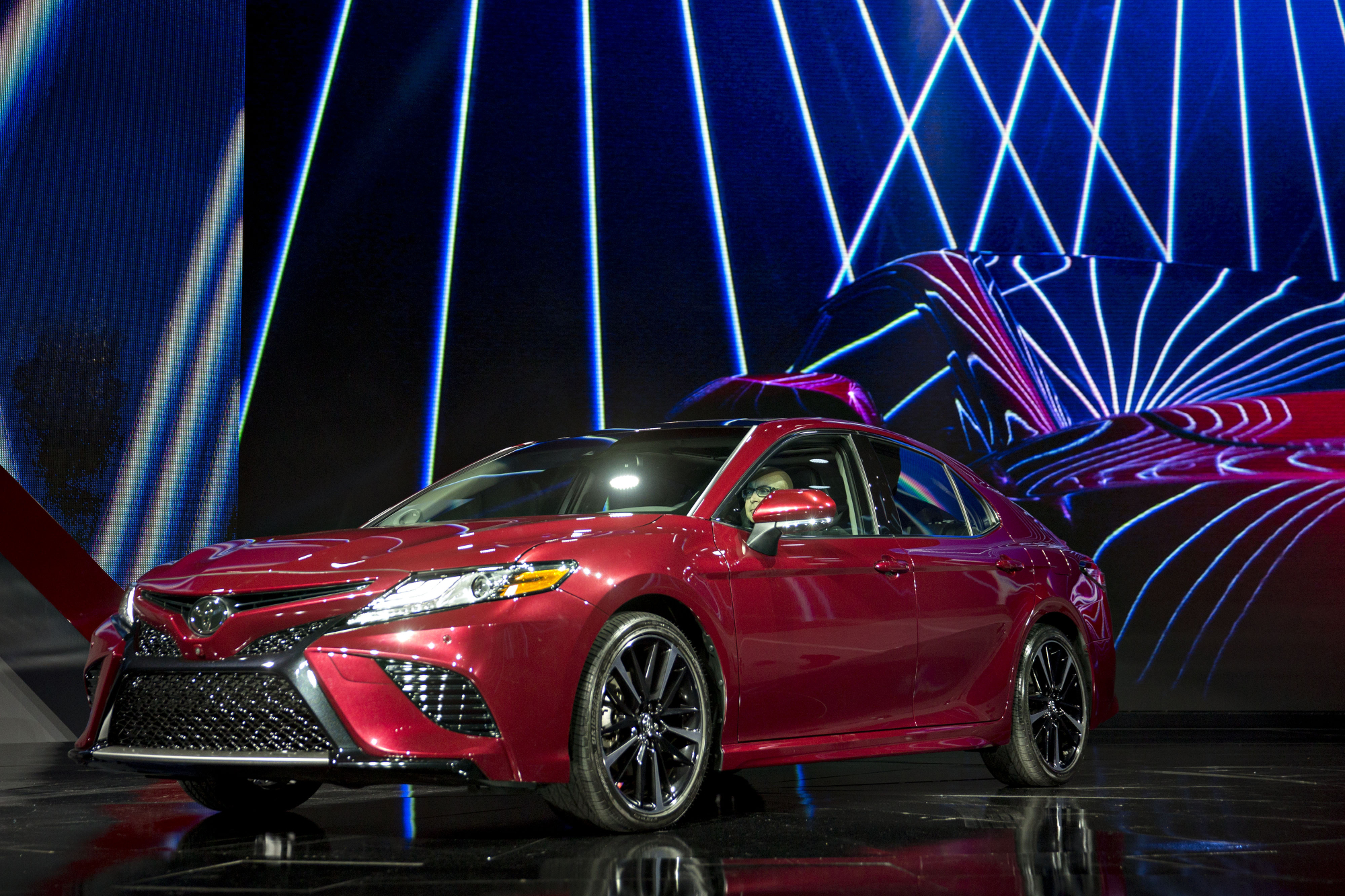On his recent trip to Japan, U.S. President Donald Trump sounded more like a 1980s trade negotiator than a 2010s statesman. He urged Japan to invest more in the United States, buy more military equipment and import more liquefied natural gas, and generally pressed for other measures that he thinks will reduce his country's trade deficit with its main Pacific ally.
But Trump is focusing on the wrong things. Japan's trade surplus with the U.S. is mostly not about protectionism or aggressive Japanese policy — it's about macroeconomics. And it might not need to be remedied.
The bilateral trade deficit is certainly real. Japan continues to export much more to the U.S. than it imports:


















With your current subscription plan you can comment on stories. However, before writing your first comment, please create a display name in the Profile section of your subscriber account page.